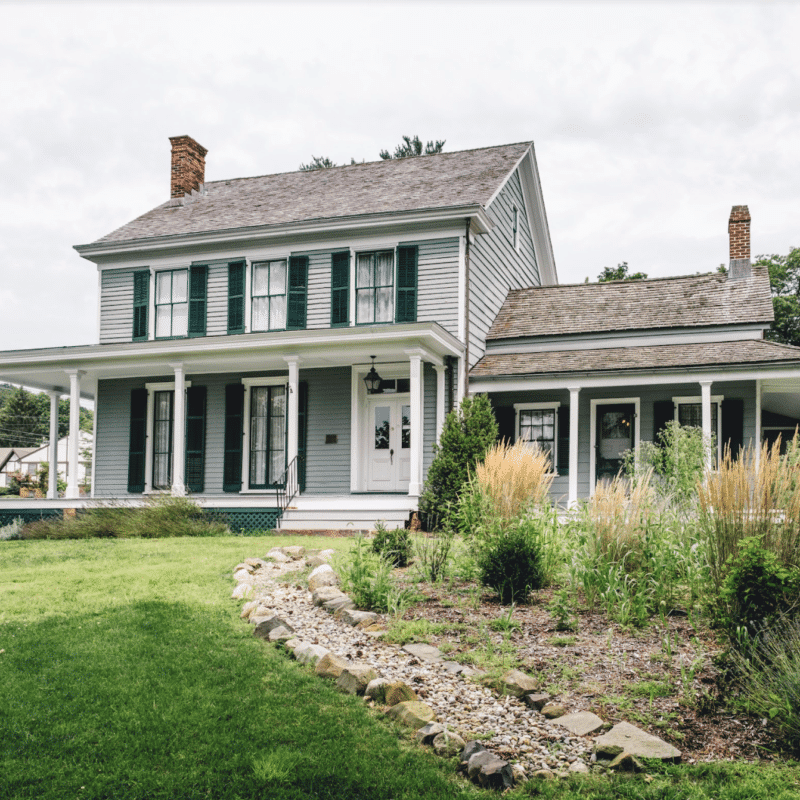It can be hard to imagine Essex County during the Garden State’s days of yore, but it did happen. Once upon a time, long, long ago, this area was made up of working farms. People used to water cows in local streams, plant crops in the ground every year, and drive to Newark to sell produce for cash. Today, Morgan’s Farm, located at 903 Pompton Avenue in Cedar Grove might be all that remains of the dirt roads and dairy cows that used to live in Cedar Grove. As an active farm and historical museum, visitors can do a weekend grocery shop and stop by for a history lesson. It’s a local spot you don’t want to miss. Read on to learn more about this little slice of history right in our backyard.
The History of the Farm
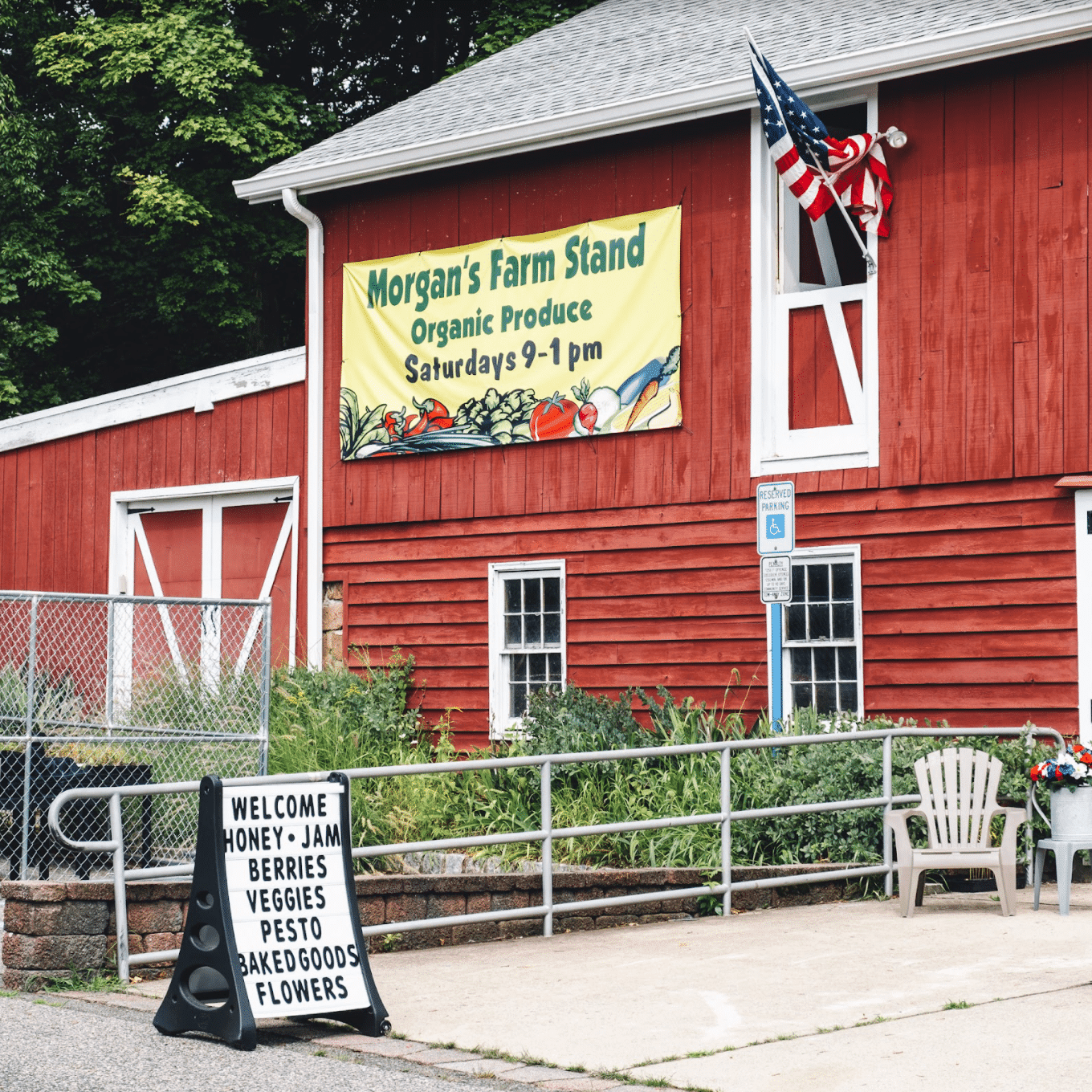
Morgan’s Farm is a 14-acre site farmed continuously from the mid-1800s until 1985 when it was donated to the Township of Cedar Grove. From the collection of arrowheads found while plowing the area, it is assumed that the Farm was initially used as a campsite by the Lenape or Delaware Native Americans.
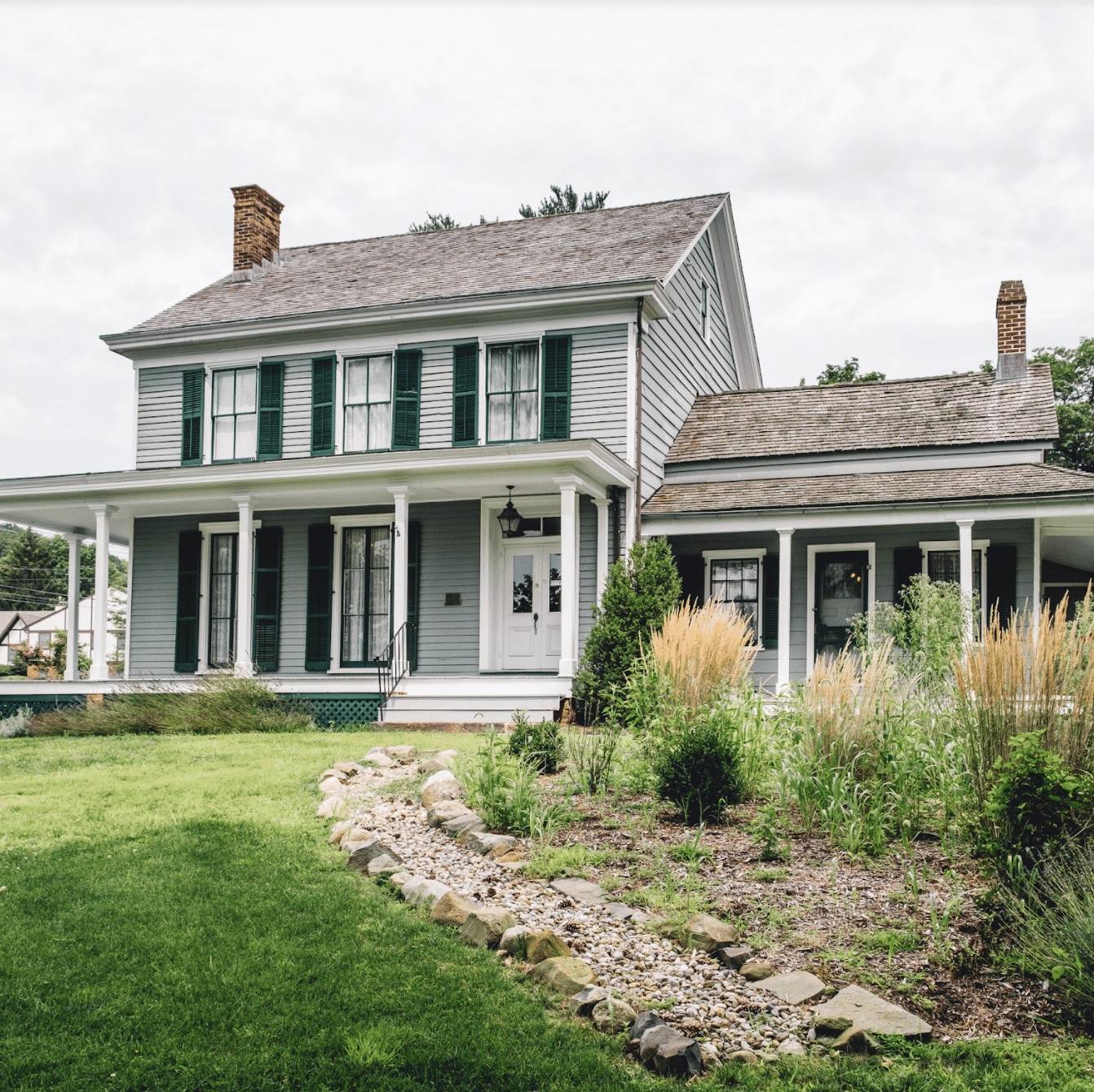
Then, during some time in the 1700s, it became a farm; the original building cannot be accurately dated. Morgan’s Farm has all the historic charm you would expect of an early American pastoral setting: hand-planed siding, uneven floors, and a hilltop view that must have been quite pleasant at the time.
Read More: Museums in Essex County for a Fun Day of Learning
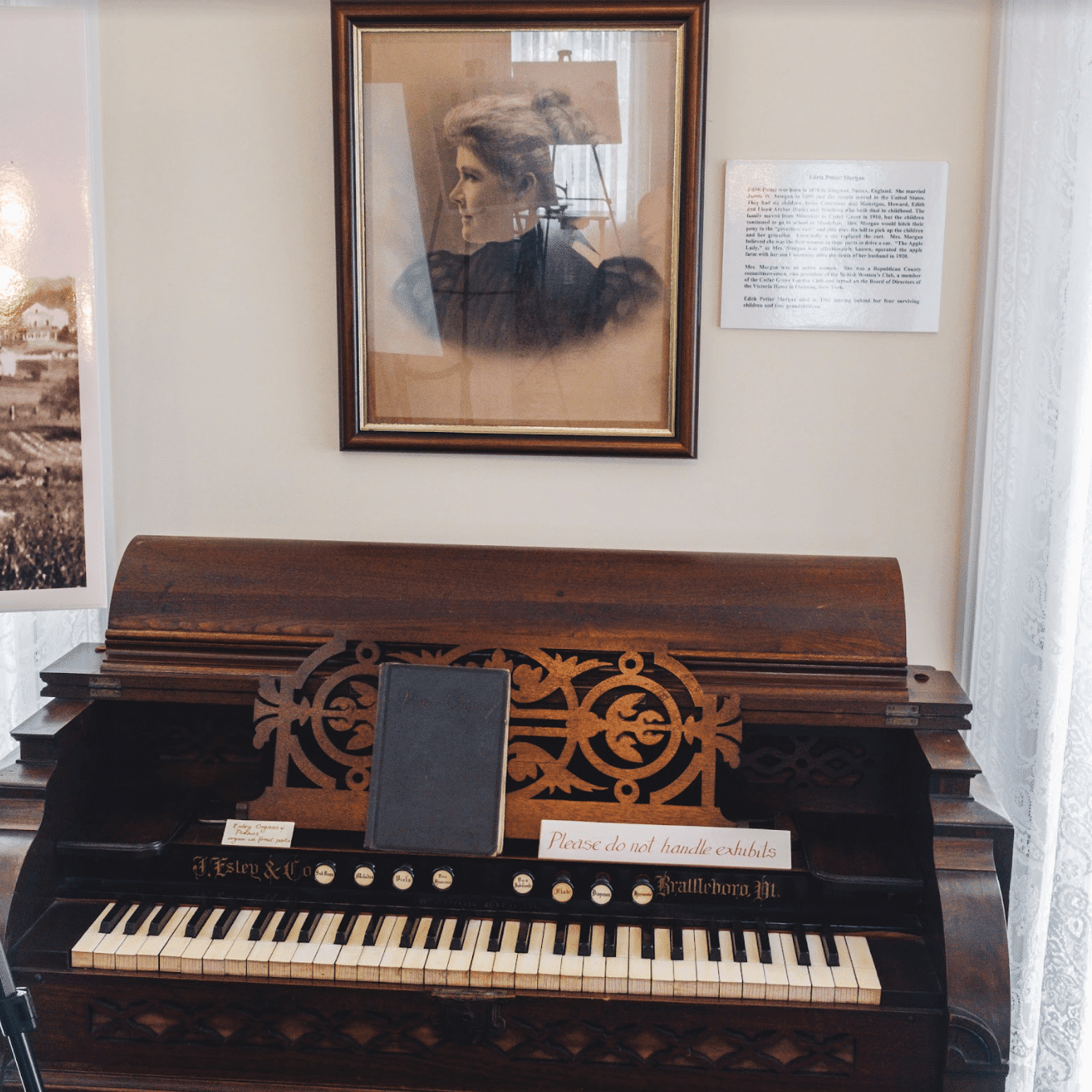
During the mid-1800s, Benjamin Canfield owned the Farm. The family was typical: hardworking farmers that sold in local city markets like Newark and Patterson. The Farm was sold to James and Edith Morgan in 1910. James was a New York City advertising executive who took the train from the big city every day back to his Farm.
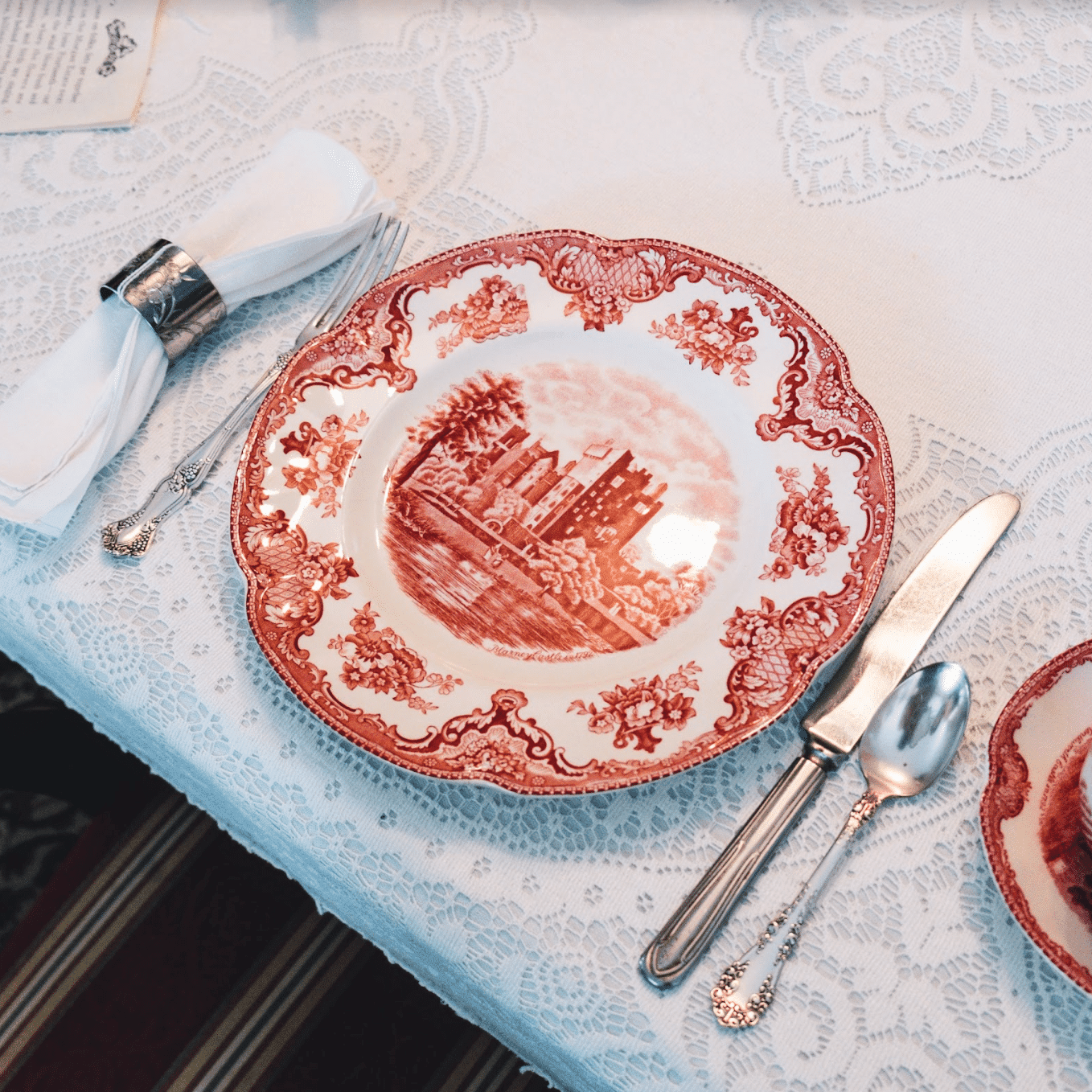
He was passionate about growing his food but died only a few years later from tuberculosis, leaving his wife and children with the challenge of keeping the Farm going. Tomatoes, pumpkins, and corn used to fill every bit of farmable land as the remaining Morgans sold their produce on the front porch, desperately hoping it was enough to keep the family from foreclosure.
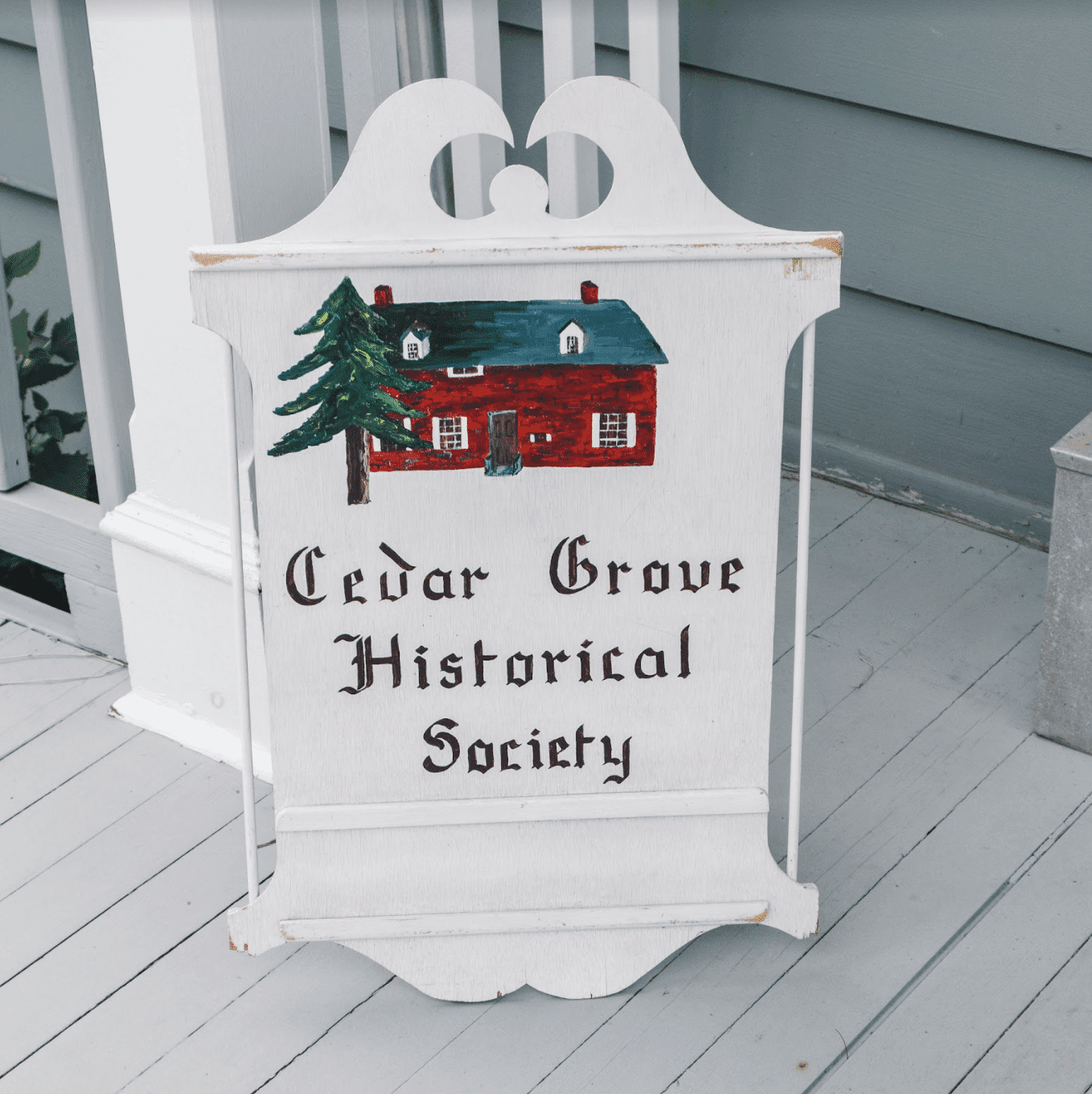
Edith Morgan was a proper English woman, and despite her life’s hardships, she maintained the demeanor and fashions of a lady. While working the Farm took considerable grit, she found creativity and joy in building an ornamental garden. She lived on and worked the property for the rest of her life, passing the Farm on to her loving son Courtney who never married and remained devoted to the land.

Courtney Morgan lived at the site until he passed in 1985, donating the property and all its possessions to the Township of Cedar Grove. The purpose of the donation was to preserve the history of Cedar Grove. The story shared at Morgan’s Farm is historical and heartwarming: a family working the same land through time.
The Farm + House Today
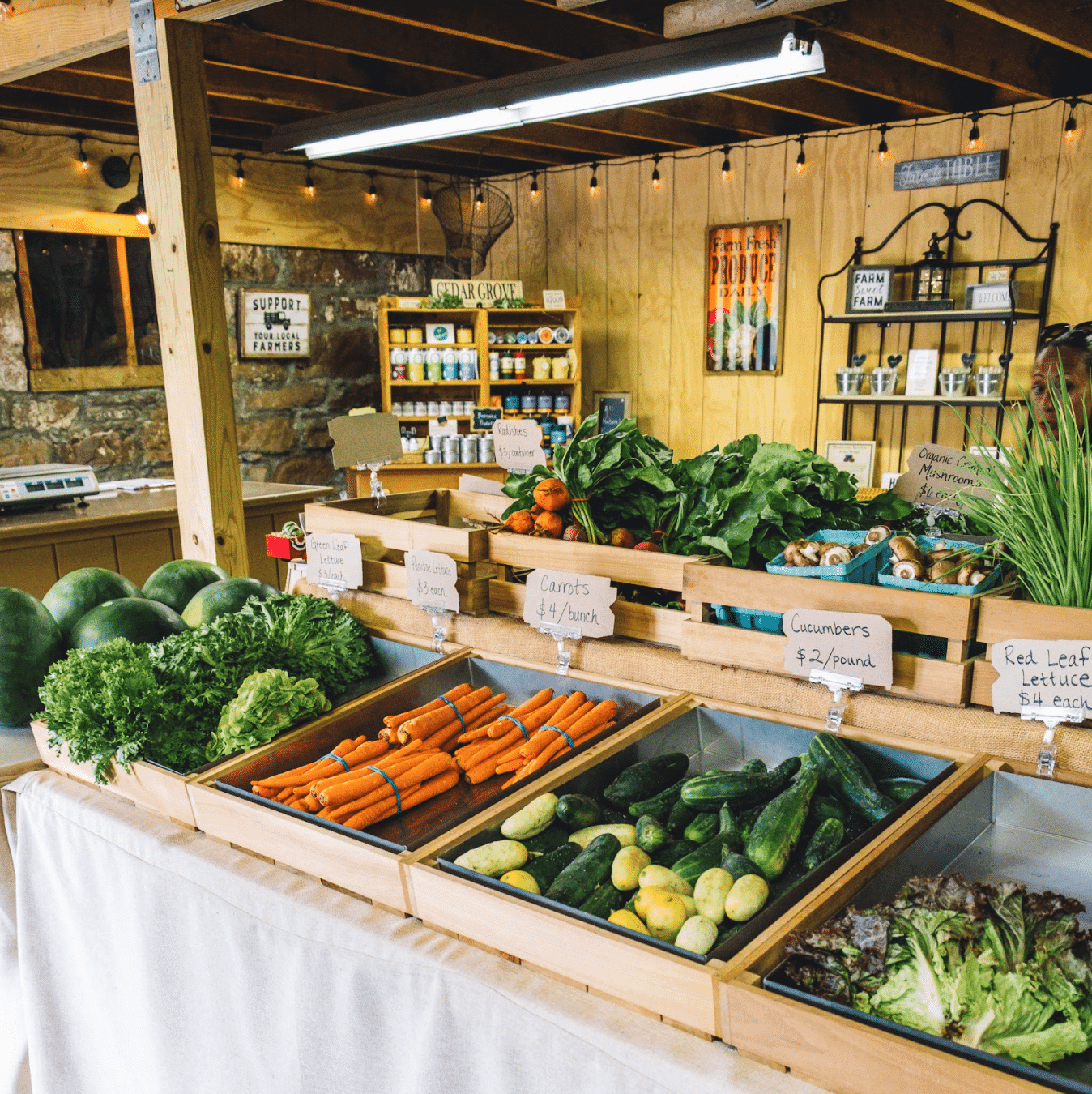
Morgan’s Farm is not just a historic house. It is also a small farm. “Farmer John,” as he likes to be called, has donated his time to work on a plot of raised beds near the back of the property. On Saturdays from May to October, his produce, honey, and homemade wooden cutting boards are available for purchase, along with other local organic produce.
The Farm today adheres to 100% organic practices and grows using non-GMO seeds. The Jersey corn, watermelons, and tomatoes are crunchy and fresh, with fantastic flavor. At the farm stand, everything is usually just picked that morning.
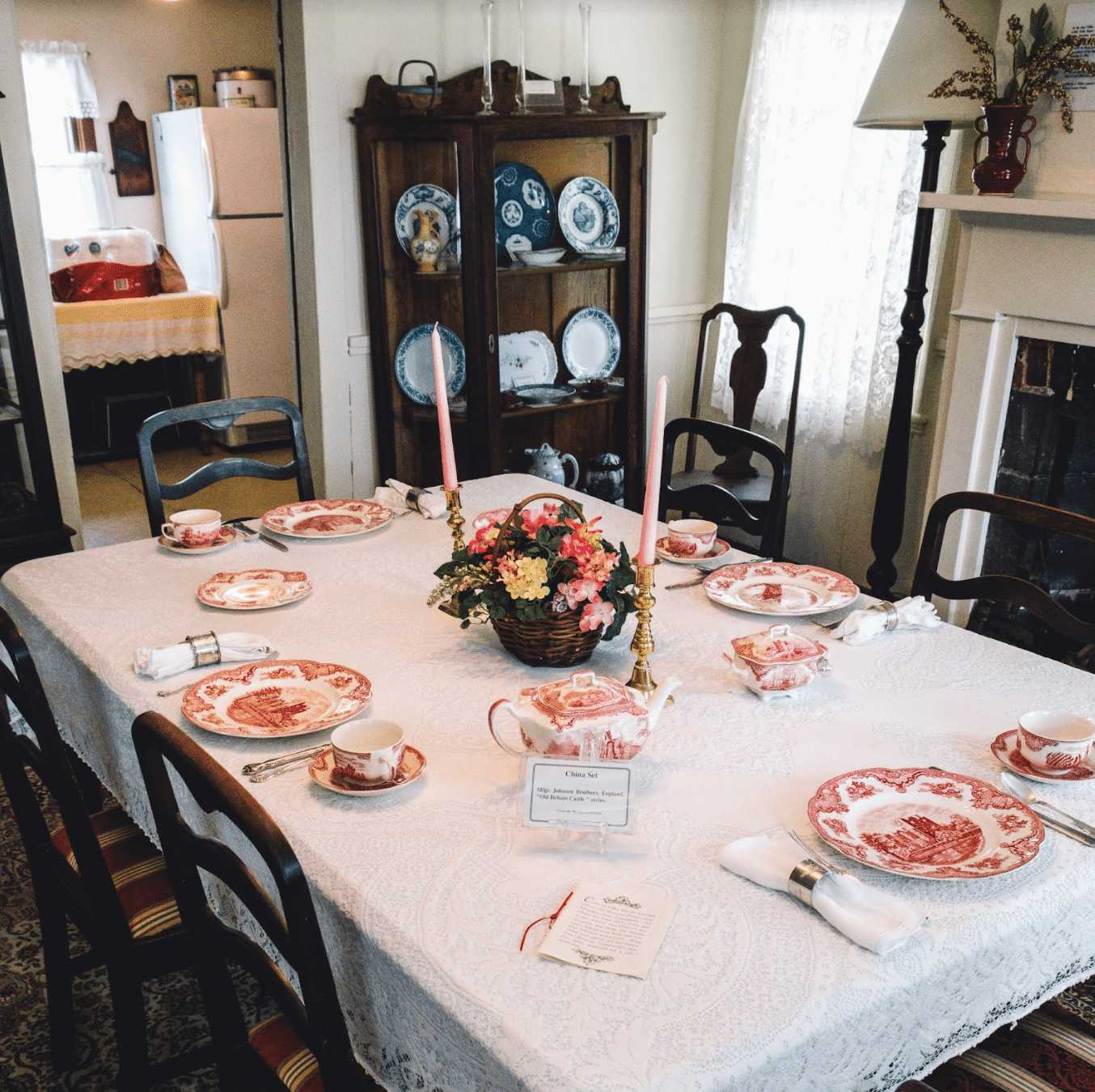
The farmhouse museum is also open on Saturdays and, without a doubt, worth a visit. It is run by the Cedar Grove Historical Society, where the staff, including the society’s president, are all delightfully knowledgeable.
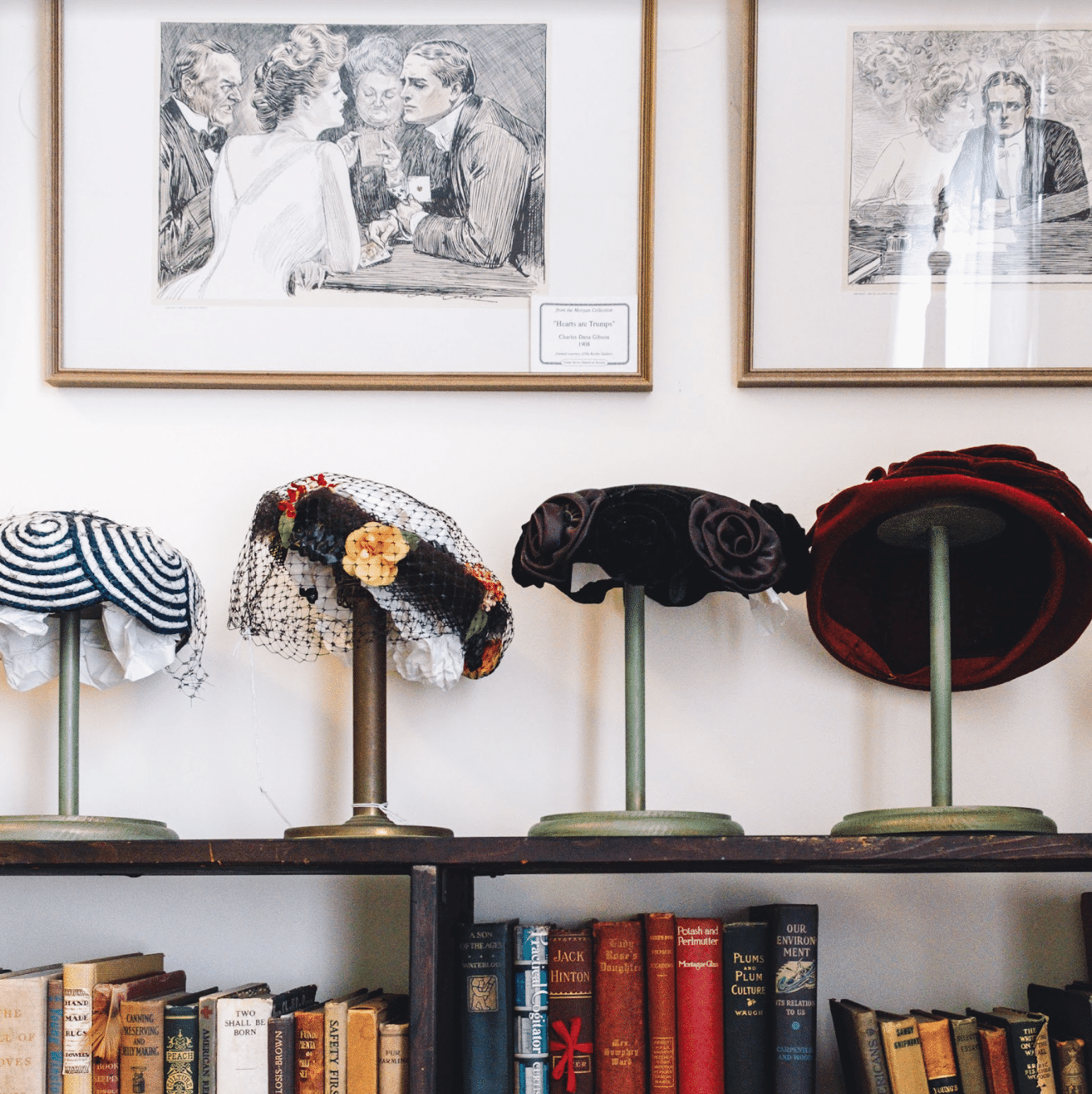
They welcome each guest into the home with warmth and enthusiasm. The small farmhouse is brought to life through the stories, photographs, and memorabilia that once belonged to the Morgan family.
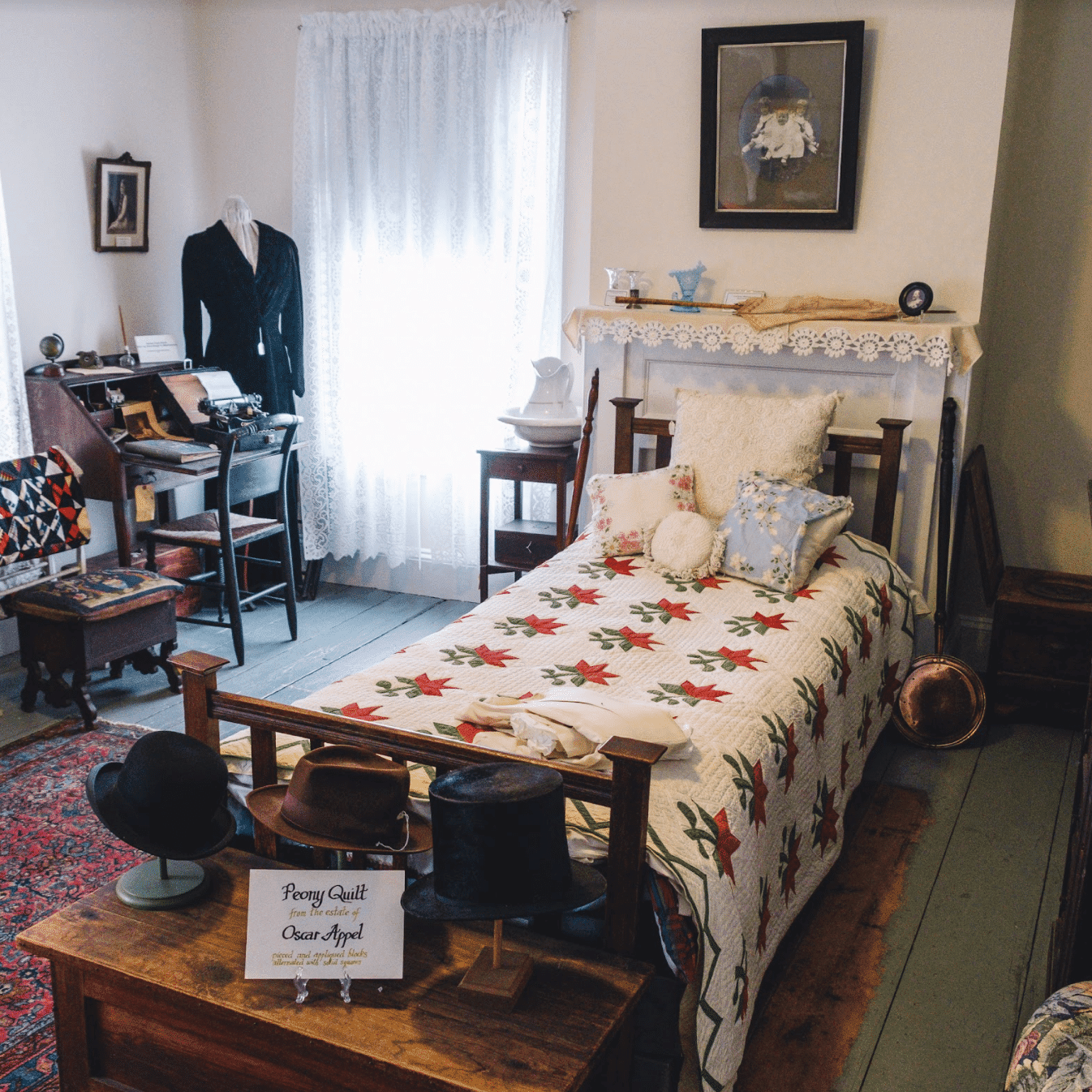
It feels like a walk through time, a step away from our modern conveniences, and a reconnecting to life before modern agricultural advancements.
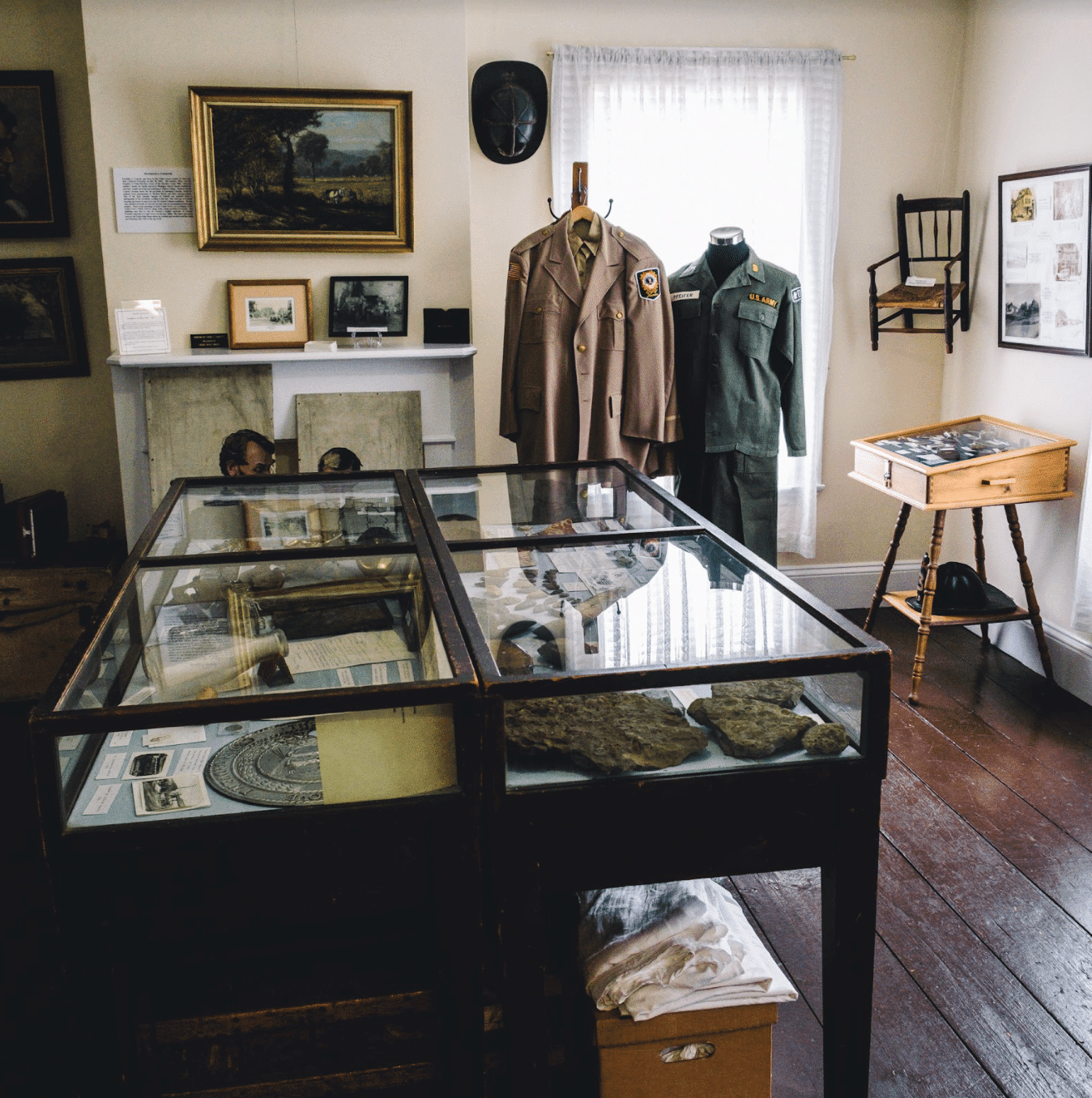
One room in the museum is devoted to the history of Cedar Grove, where signs, dairy bottles, and local artifacts are displayed. The house is a joy for antique enthusiasts, as there are vintage clothes, hats, cooking utensils, and other lifestyle pieces from the era out on display.
See More: Kip’s Castle: An Essex County Treasure

Be sure to swing by on any Saturday through October to enjoy the lovely produce, the historical setting, and the delightful experience.
Morgan’s Farm welcomes visitors to its Farmer’s Market and museum on Saturdays from May to October from 9AM to 1PM. Follow the signs for parking on Pompton Avenue.
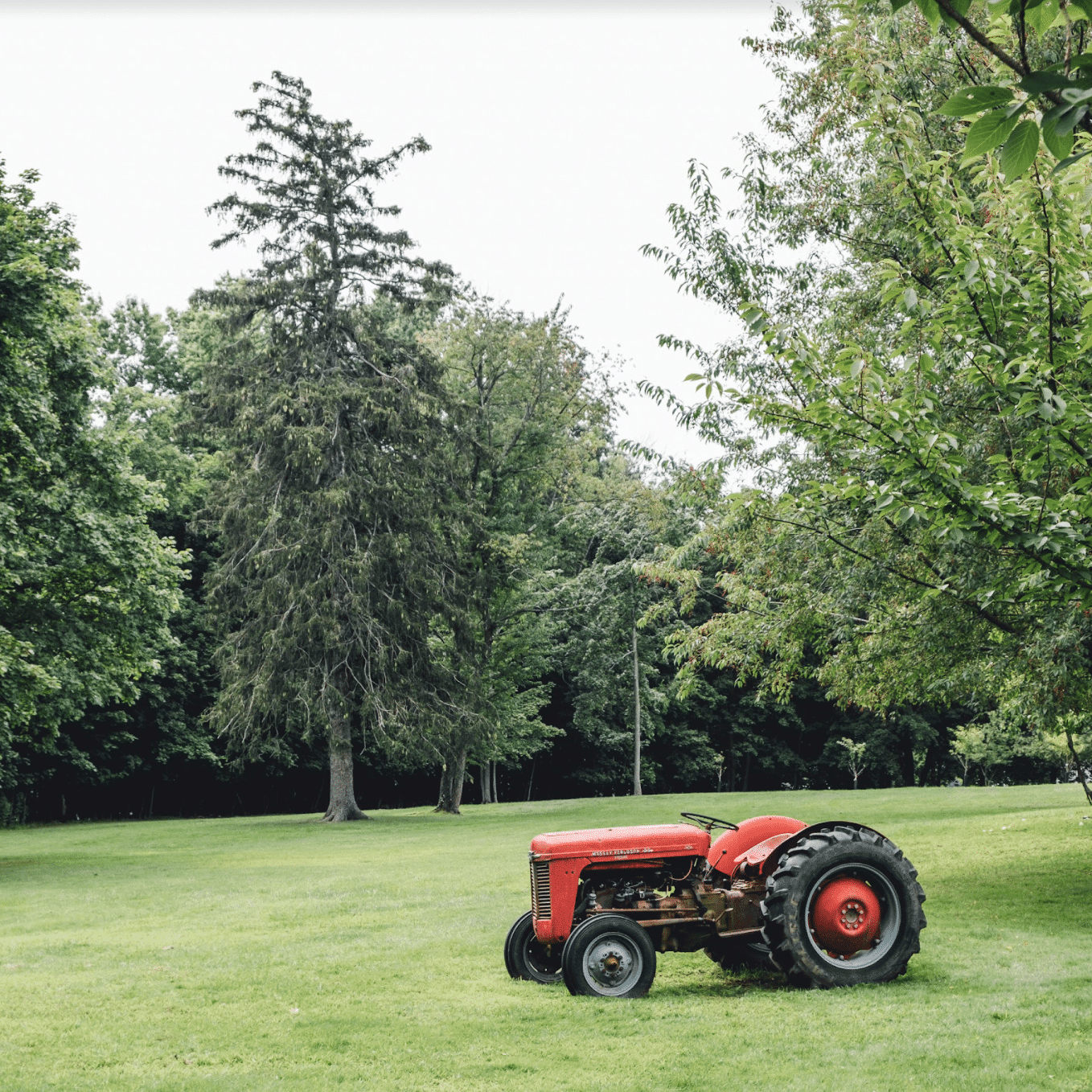
Because Morgan’s Farm is a non-profit, all proceeds of sales support the self-sustainment of the vegetable farm and The Morgan Museum. You can also become a donating member here.

